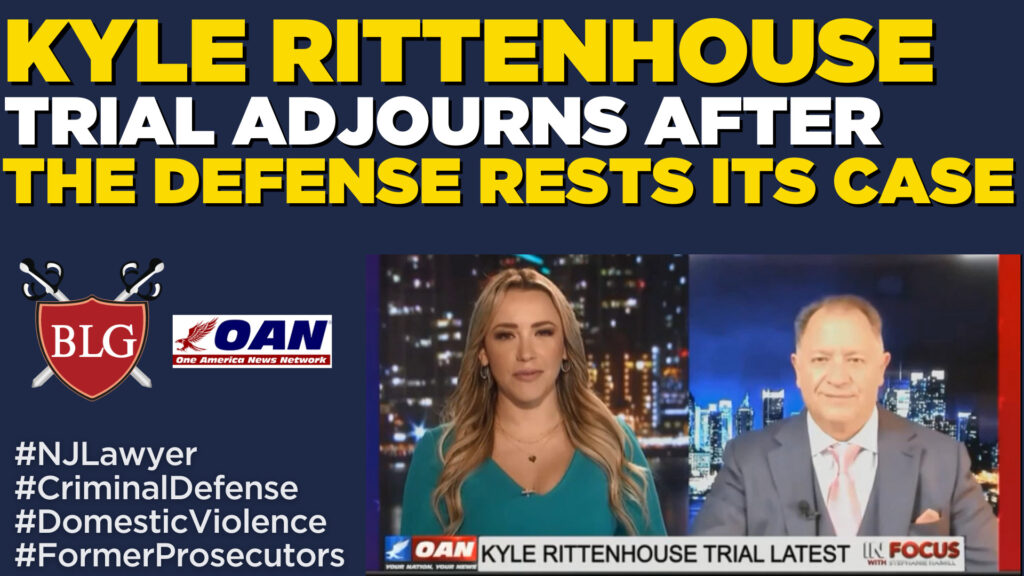New Jersey Appellate Division Decision on Kinship Placement: Family Law Insights
New Jersey Appellate Division Decision – Family Law
On August 28, 2024, the Superior Court of New Jersey, Appellate Division, rendered a decision in the consolidated case of M.M. and R.M. vs. Department of Children and Families and New Jersey Division of Child Protection and Permanency vs. M.H. and J.O., which addressed the critical issue of Kinship Placement in New Jersey. The court upheld the removal of the minor child, D.H., from the appellants’ (M.M.’s and R.M.’s) foster care and denied their intervention in the guardianship litigation. This decision aligns with the recent legislative amendments in New Jersey law that emphasize the preference for kinship placement over foster caregivers.
Facts and Procedural History of Kinship Placement in New Jersey
D.H., born on December 22, 2018, was removed from his biological parents, M.H. and J.O., nine days after his birth due to concerns about his welfare. Initially placed with foster caregivers, M.M. and R.M., D.H. was later transferred to a paternal aunt. However, after the aunt violated a court order, D.H. was returned to the foster caregivers. The Division of Child Protection and Permanency (Division) subsequently identified another paternal great aunt, O.A., as a potential kinship placement in New Jersey. In June 2021, the Division notified the foster caregivers that its goal for D.H. had changed from termination of parental rights to kinship legal guardianship.
In 2021 and 2022, the Division conducted bonding evaluations. These evaluations revealed that D.H. had formed a secure bond with the foster caregivers but was also beginning to develop an attachment with his paternal great aunt, O.A. In accordance with recent statutory changes that prioritize kinship placement in New Jersey, the Division decided to transition D.H. to O.A.’s care, leading to the foster caregivers’ legal challenge.
Legal Issues and Holdings: Kinship Placement New Jersey
Intervention as of Right in Kinship Placement Cases
The foster caregivers sought to intervene as of right in the guardianship proceedings under Rule 4:33-1 (Intervention as of Right). The Appellate Division held that under New Jersey law foster caregivers do not have a right to intervene as a party unless they have some other statutory directive providing for the right. There is no right to intervene in such cases solely based on their role as caregivers. This ruling aligns with recent legislative changes in New Jersey that prioritize kinship placements. The court concluded that the foster caregivers’ interest in D.H.’s welfare did not equate to the fundamental rights of biological parents, and their role was sufficiently represented by the Law Guardian.
Permissive Intervention and Kinship Placement in New Jersey
The Appellate Division also denied the foster caregivers application to intervene under Rule 4:33-2 (Permissive Intervention). The appellate court carefully weighed factors such as potential delays and complications in the litigation and concluded that intervention would not assist in protecting D.H.’s best interests. The appellate court noted that the foster caregivers had been aware of the Division’s intent to pursue kinship placement since June 2021 and that timely intervention was crucial to avoid undue prejudice to D.H.
Final Agency Decision and Kinship Placement New Jersey
Lastly, the foster caregivers contested the final agency decision to remove D.H. from their home, arguing that it was arbitrary, capricious, and unreasonable. However, the Appellate Division upheld the agency’s decision, which it found was based on comprehensive evaluations and aligned with the legislative preference for kinship placement in New Jersey. The appellate court deferred to the agency’s expertise in child welfare matters and found no clear error in its decision-making process.
Conclusion: Kinship Placement New Jersey – Key Takeaways
The New Jersey Appellate Division’s decision to uphold the removal of D.H. from the foster caregivers’ home and deny their intervention in the guardianship proceedings highlights the state’s legislative shift toward prioritizing kinship placements. The key takeaway from this decision is that foster caregivers, despite their significant role in a child’s life, do not have an automatic right to intervene in legal proceedings concerning the child’s permanent placement, especially when a viable kinship option is available. This ruling reinforces the importance of kinship placement in New Jersey, ensuring that children are placed with relatives whenever possible to maintain family connections and cultural traditions.
Criminal law is complicated and constantly changing. If you are facing criminal charges, you should immediately contact our team of experienced former prosecutors to schedule a free case review with one of our expert criminal defense attorneys. A complete understanding of criminal law by your attorney is crucial to your defense. Your rights and freedoms are in jeopardy, and you owe it to yourself to act. We are available to provide immediate assistance and further counsel on your case at 862-315-7929.
No aspect of this attorney advertisement has been approved by the Supreme Court of New Jersey.










